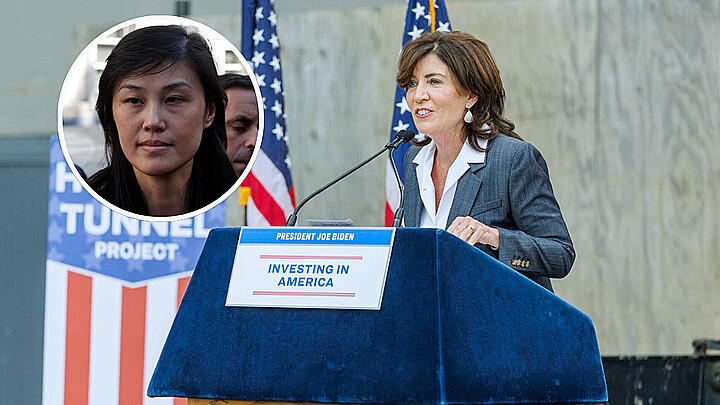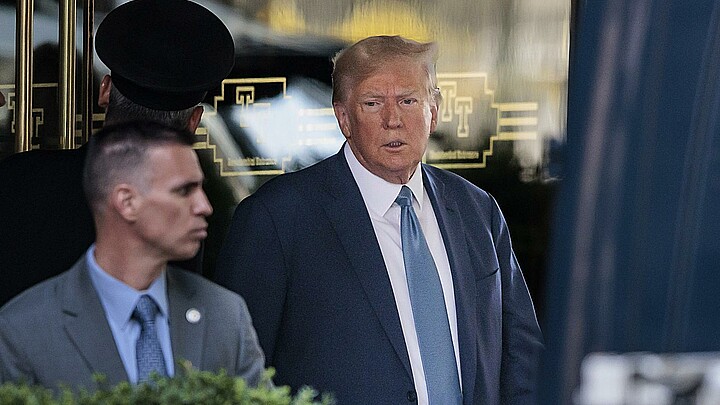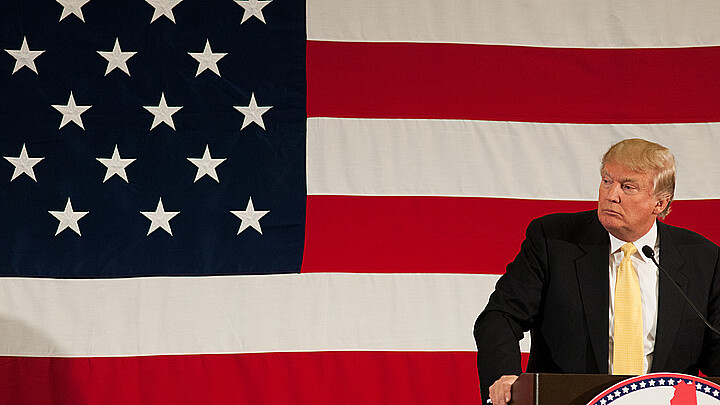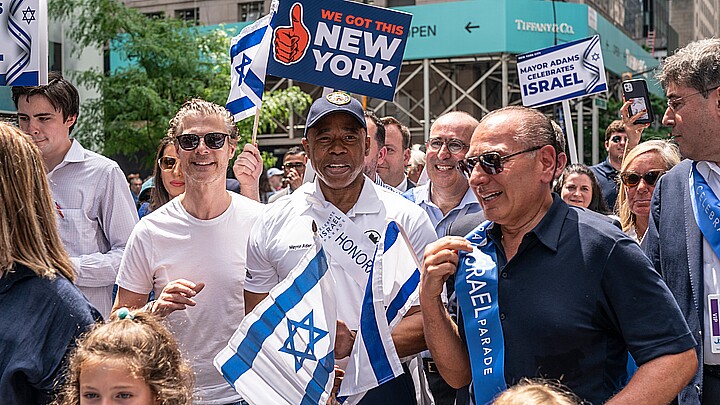Politics
NYC grants 800,000 non-citizens right to vote
The controversial “Our City, Our Vote” bill passed the 51-member body by a 33-14 margin on Thursday. Sen. Marco Rubio signals senate action as early as next week
December 10, 2021 12:00pm
Updated: December 11, 2021 1:03pm
New York City legislators voted on Thursday to allow roughly 800,000 non-citizens to vote in local elections, becoming the largest U.S. jurisdiction to open voting to permanent U.S. residents and “dreamers.”
After more than a dozen Democratic and Republican City Council members tried unsuccessfully to send the legislation, sponsored by Councilman Ydanis Rodríguez, back to a committee for revisions, the controversial “Our City, Our Vote” bill passed the 51-member body by a 33-14 margin, the New York Post reported.
The New York City Board of Elections will now be tasked with the logistics surrounding the bill’s implementation when it takes effect in 2023.
Mayor Bill de Blasio, who has long questioned the legislation, citing “outstanding legal questions,” has said he will not veto the bill. The law, however, is expected to face legal challenges.
The measure was also supported by the soon-to-be New York Mayor Eric Adams, who talked about the concept while he was campaigning earlier this year.
"We cannot be a beacon to the world and continue to attract the global talent, energy and, entrepreneurship that has allowed our city to thrive for centuries if we do not give immigrants a vote in how this city is run and what our priorities are for the future," Adams said in February.
Corey Johnson, speaker of the New York City Council, praised the bill’s passing, saying, “Our city will become the largest municipality in the nation that will allow non-citizens to vote in local elections. New York has been built by immigrants, and we are what we are because of them.”
Councilman Francisco Moya, whose family immigrated to the U.S. from South America, also celebrated the new bill, saying, “This is for my beautiful mother who will be able to vote for her son.”
But at a time when questions about fraud and foreign interference in elections is at the forefront of the public mind, many critics have voiced concerns over the implications of the “dangerous” new legislation and vowed to take it to court.
“The bill we’re doing today will have national repercussions,” said Democrat Laurie Cumbo, the council’s majority leader.
Before the legislation was voted upon, Democratic Councilman Mark Gjonaj, whose parents immigrated to the U.S. from Albania, proposed a “motion to recommit,” noting that the 30-day minimum residency in New York City should be extended to at least a year in order to prevent “transients” from heading to the polls. Gjonaj also argued it would allow unfriendly state actors like Russia and China to influence local elections.
“This bill in its current form doesn’t protect New York City; it makes it vulnerable to outside influence,” he said. “This bill makes the crown jewel of the country vulnerable.”
“It doesn’t take much to … figure out how dangerous this bill is for the future of New York City,” he added. “This bill … is a threat to our sovereignty.”
Republican National Committee Chairwoman Ronna McDaniel also expressed concerns over the bill and released a statement after the vote noting that the RNC was considering legal options.
"Allowing our elections to be decided by foreign citizens is unacceptable, and the RNC is looking closely at our legal options as we continue our fight to protect your ballot," the statement read.
Republican Senator Marco Rubio also tweeted about the move, signaling that he planned to address the issue in the Senate next week.
"No city which allows non-U.S. citizens to vote should receive U.S. government funds. Next week I am going to file a bill to make that the law," he noted.
No city which allows non-U.S. citizens to vote should receive U.S. government funds
— Marco Rubio (@marcorubio) December 10, 2021
Next week I am going to file a bill to make that the law
Historically, New York City's local elections have attracted a low voter turnout and a mere 23 percent of New Yorkers voted in this year's mayoral election. In the runup to the 2023 city elections, New Yorkers can only wait and see how 800,000 new, noncitizen voters might affect that trend.










